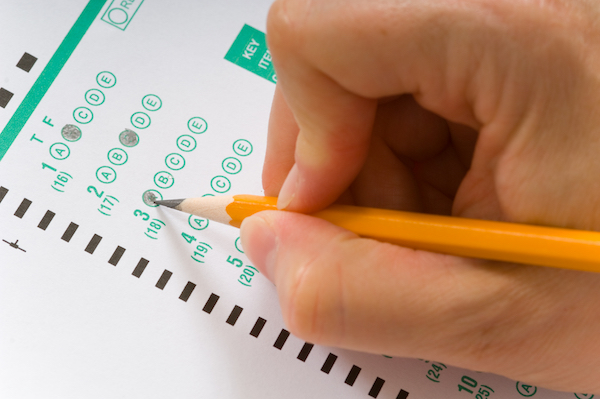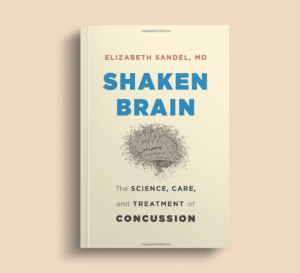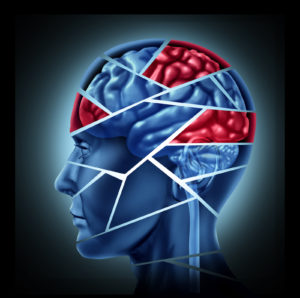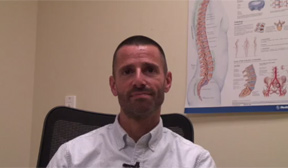What Effect Does Concussion Have on Learning?

As Brittany stared at the test lying on her school desk, the words and numbers began to jumble. She couldn’t understand it: She’d been studying for this test for weeks, and now here it was and she could barely read the paper before her. Stress, she thought was the reason for her confusion because this test counts so much toward her total grade. So she pressed onward—and ultimately earned a lower grade than she likely would have had she been on top of her game.
That’s where she was a week earlier, when she collided with another player on the field and suffered a concussion. Brittany didn’t realize as she sat at that desk that the vision problems and difficulty focusing she was having were part of the post-concussion syndrome she was experiencing.
While she had picked herself up on the field after the injury, and then experienced only mild headaches for a few days, over time, the headaches began to increase. On top of that, she had a dizzy spell or two since the on-field collision, her concentration was poor and she was having trouble remembering things she’d just learned. She was tired all the time but just couldn’t sleep. She had chalked it all up to the stress of cramming for finals—until the paper blurred.
Brittany was dealing with the symptoms of the post-concussive syndrome and the challenges of academic work that she just couldn’t meet.
A number of studies have been looking at academic performance of students in the wake of a concussion or traumatic brain injury. For instance, a 2014 study of a sampling of students in the New York area found that those with concussions reported difficulties ranging from more effort needed to do schoolwork to poorer performance in the classroom to exacerbation of concussion symptoms. Survey studies have found that both students and parents report up to 90 percent of students having trouble with schoolwork in the wake of a concussion, even to the point of seeing grades decline.
Another study, conducted in 2015, found similar results. Symptoms of concussion victims—headaches, fatigue, inability to concentrate, and slowed attempts to process information—could impede performance in the classroom. Furthermore, absences to deal with concussion symptoms could interfere with a student’s ability to keep up with the academic work, and trying to tackle too much, too early, could even worsen symptoms.
Although Brittany struggled to regain her high grade-point average, with the help of a team of health professionals trained to deal with the symptoms of concussion—medical doctors and physical and physiological specialists—she can get back to learning, playing, and living in the wake of her concussion. For most athletes, life will return to baseline, although predicting when is difficult even for the experts.
You Might Also Like
What’s It Like to Have a Brain Injury?
Stories of people who experience a traumatic brain injury can help to support and educate others. Seth had a protracted recovery, but ultimately a good one. (2 parts)
Comprehensive Care of Concussions
Dr. Richard Delmonico, a neuropsychologist, outlines the approaches to triage and treatment in a concussion clinic in the Northern California Kaiser Permanente health system. He also discusses the uses of neuropsychological testing to help with diagnosis and management of people with concussions and other brain injuries.
Concussion in Youth Sports
Dr. Andrew Judelson, a physiatrist and sports medicine physician at Spaulding Rehabilitation Hospital, discusses sports-related concussion evaluation and treatment at his outpatient clinic on Cape Cod.
Keep up to date
Get updates on the latest in concussion, brain health, and science-related tools from Dr. Elizabeth Sandel, M.D.
By clicking SIGN UP, you agree to receive emails from Dr. Sandel and agree to our terms of use and privacy policy.
Get the book!




